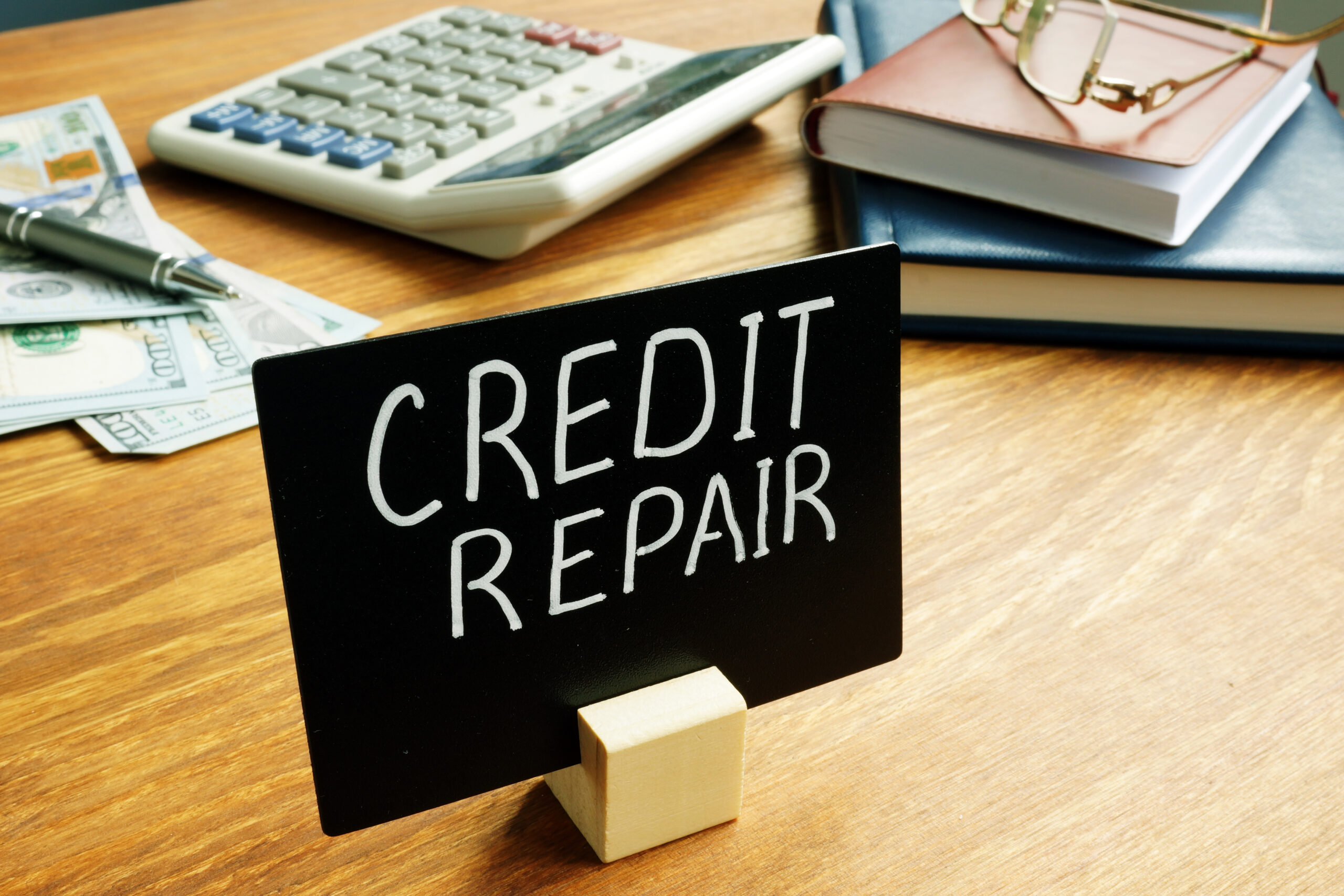Your credit report depends on how well you handle your debt. With every positive mark, the score rises and vice versa. If you had filed for Chapter 7 Business Bankruptcy, it is likely that your credit report is in shambles right now. While bankruptcy is a good option for debt relief, it has both advantages and disadvantages.
However, you can still rebuild your life and your credit report after bankruptcy. You can again be eligible for loans to buy a new house, send your kids to college and buy a car. It is essential to follow certain tips to keep your credit report shining.
Tips for rebuilding your credit report after bankruptcy
- Keep up with the payments that were not discharged by bankruptcy.
Bankruptcy is a good debt relief option. It discharges many of your unsecured debt. However, there are certain debts that remain with you, and you need to continue to pay for them after the case closes. Such debt includes student loans and alimony payments.
While your credit report is already ruined for the next ten years, you can still work to make things better. Keep making the payments on time.
- Monitor your credit score.
Bankruptcy will make you lose many points from your credit score, maybe 200 or more. However, it is possible to work on it and improve the score with time. Practice healthy credit habits and check your credit score every month. Several credit card companies also offer free credit score updates.
To avoid worsening the score, keep checking your credit report to recognize any red flags. Identify the areas where you go wrong and improve.
- Create an emergency savings fund.
Many people end up in debt because they do not have an emergency savings fund for sudden expenses like medical emergencies or repair bills. An emergency fund ensures you have some money saved to deal with unexpected costs. Put some money from your monthly income into this fund, just like other funds.
Remember only to use these funds when you absolutely have to. Do not open it for your luxury but unnecessary expenses, like going on an abroad trip or buying a new car when you already have a working one.
- Avoid job hopping.
While frequently changing jobs does not directly affect your credit score, it can still cause lenders to think you do not have a stable income. They want to know that you have a stable income and can pay off their loans. They might not give you a loan if you give the wrong impression.

